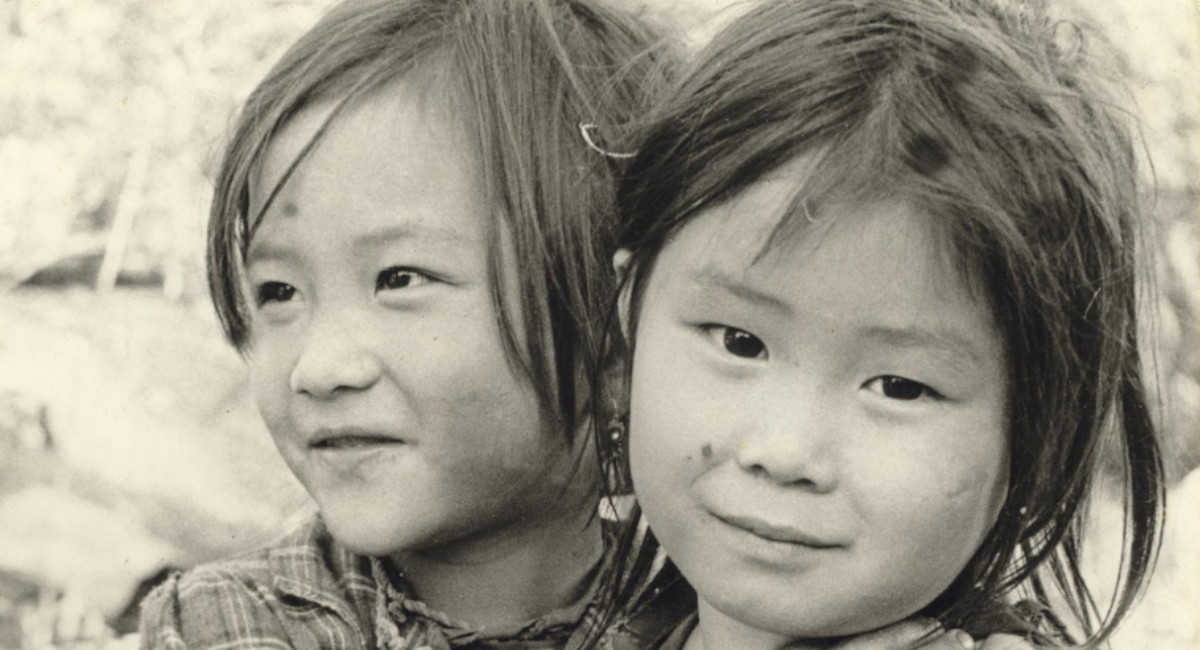 “My neighbour gave me food as I recovered from the disease,” was how Soe described how she survived her Covid-19 infection. Soe is a youth leader in one of the National League of Democracy’s (NLD) township offices, and helped organise peaceful protests against the military takeover in Myanmar on 1 February. Hiding in a small, rented room in Mae Sot in Thailand, Soe did not go out but received food delivery the week before she became sick. She thinks she got the virus from that brief interaction. “I did not know what to do. I could not go to the hospital to get tested because I would be reported as undocumented from Myanmar and then get arrested.” She recounts her confusion after realising that her symptoms were indicative of Covid-19. Soe will be in grave danger if deported to Myanmar as there is an arrest order for her. An NGO referred her to an online medical consultation service managed by Thai volunteer doctors.
“My neighbour gave me food as I recovered from the disease,” was how Soe described how she survived her Covid-19 infection. Soe is a youth leader in one of the National League of Democracy’s (NLD) township offices, and helped organise peaceful protests against the military takeover in Myanmar on 1 February. Hiding in a small, rented room in Mae Sot in Thailand, Soe did not go out but received food delivery the week before she became sick. She thinks she got the virus from that brief interaction. “I did not know what to do. I could not go to the hospital to get tested because I would be reported as undocumented from Myanmar and then get arrested.” She recounts her confusion after realising that her symptoms were indicative of Covid-19. Soe will be in grave danger if deported to Myanmar as there is an arrest order for her. An NGO referred her to an online medical consultation service managed by Thai volunteer doctors.
Contracting Covid-19 pushed Soe to further isolation. She does not have relatives in Thailand and the people she knows are all political opposition who are seeking asylum like her. Soe lives alone. She is afraid to tell her landlord that she has contracted the virus for fear of being evicted and becoming homeless. She was saved by her compassionate neighbour who would put food in front of her door during the period she was recovering alone in the quiet isolation of her room.
We ask ourselves during this pandemic, who is my neighbour? For Soe, it’s literally her next-door neighbour. However, during this period of physical distancing and remote relationships, the call of our faith is to look beyond the door next to ours to find our neighbours. We are called to accompany and serve those who are vulnerable and forced to flee. Most of them are not within our immediate reach, and may not always share the same creed, country, or colour as us. Nevertheless, they are our neighbours.
 Louie Bacomo is the Director of Jesuit Refugee Service – Asia Pacific.
Louie Bacomo is the Director of Jesuit Refugee Service – Asia Pacific.

